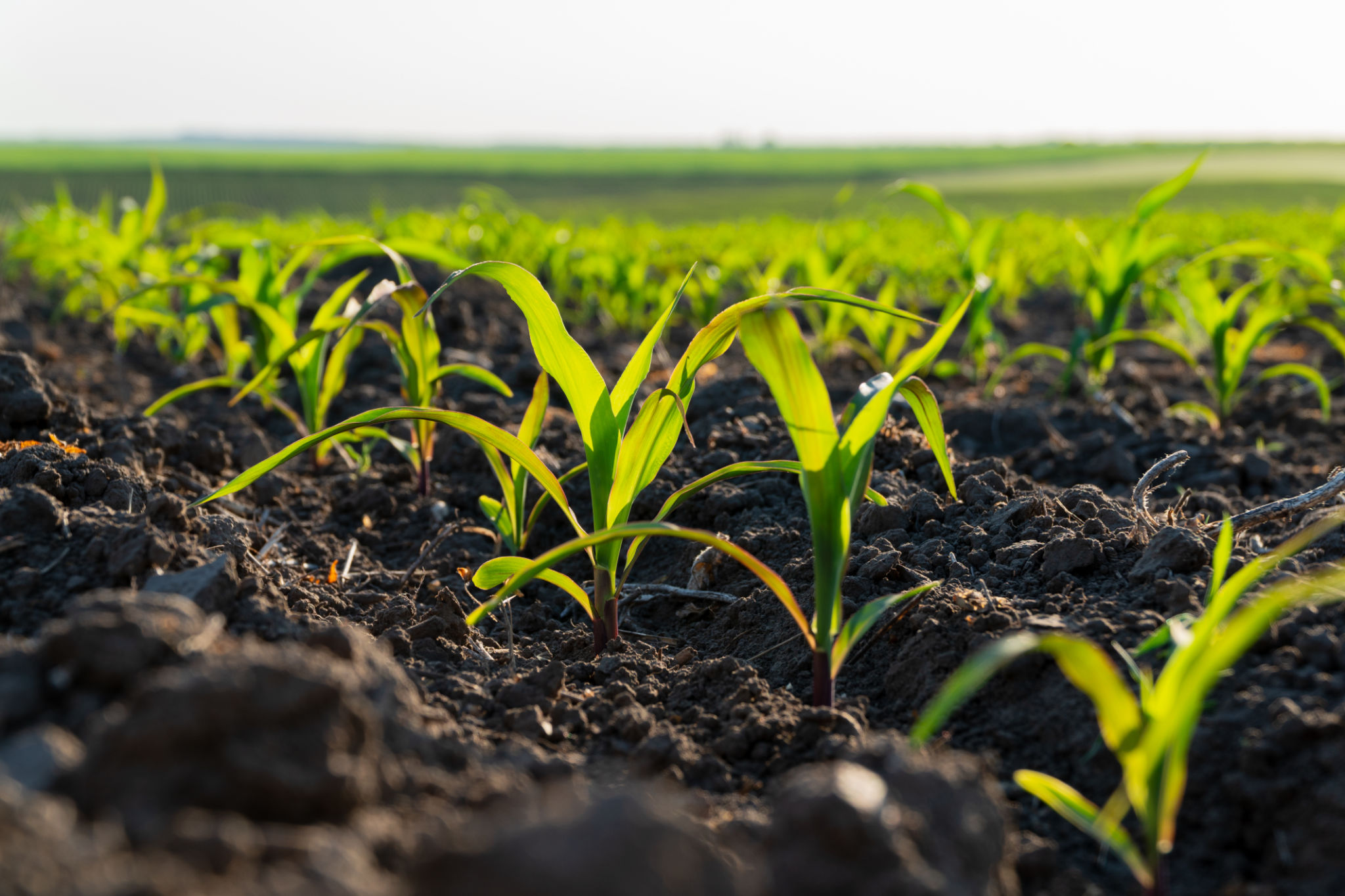The Ultimate Guide to Land Management in Johnston County
Understanding Land Management
Land management is a crucial aspect of maintaining the ecological balance and ensuring sustainable development. In Johnston County, effective land management practices are essential given its unique geographical features and the growing demands of urbanization. This guide explores the various facets of land management, providing insights into best practices and local regulations.

The Importance of Land Management
Proper land management ensures that land resources are used efficiently and sustainably. It involves a combination of practices that aim to conserve soil, water, and biodiversity while meeting the needs of agricultural production and urban development. In Johnston County, balancing these needs is particularly important as the region continues to grow economically.
Implementing effective land management strategies can help mitigate the impacts of climate change, prevent erosion, and protect water quality. By understanding the different elements involved, landowners and developers can make informed decisions that benefit both the environment and the community.
Key Components of Land Management
Successful land management involves several key components:
- Soil Conservation: Techniques like crop rotation, cover cropping, and contour plowing help maintain soil health.
- Water Management: Efficient irrigation systems and rainwater harvesting ensure sustainable water use.
- Biodiversity Preservation: Protecting native plant and wildlife species is crucial for ecological balance.

Regulations and Policies in Johnston County
Johnston County has implemented various regulations to guide land management practices. These include zoning laws, environmental protection policies, and incentives for sustainable practices. Understanding these regulations is vital for landowners to ensure compliance and to take advantage of available resources.
The county also offers educational programs and workshops to help landowners learn about sustainable practices. These initiatives are designed to promote awareness and encourage community involvement in land conservation efforts.
Best Practices for Sustainable Land Management
Adopting best practices in land management can lead to more sustainable outcomes. Some recommended practices include:
- Integrated Pest Management: Reducing chemical use by integrating biological control methods.
- Sustainable Agriculture: Implementing organic farming techniques to reduce environmental impact.
- Forest Management: Maintaining healthy forest ecosystems through controlled logging and reforestation efforts.

The Role of Technology in Land Management
Technology plays an increasingly important role in modern land management. Tools such as Geographic Information Systems (GIS) and remote sensing enable better planning and monitoring of land resources. These technologies can provide detailed data on land use patterns, helping decision-makers optimize resource allocation and manage environmental impacts effectively.
In Johnston County, leveraging technology can enhance the efficiency of land management practices, leading to more informed decisions and better conservation outcomes.
Conclusion
Land management in Johnston County involves a delicate balance between development and conservation. By understanding the components of effective land management and adhering to local regulations, stakeholders can contribute to a sustainable future for the county. Whether you are a farmer, developer, or concerned resident, being informed about best practices and leveraging technology will be key in shaping the landscape of Johnston County for generations to come.
